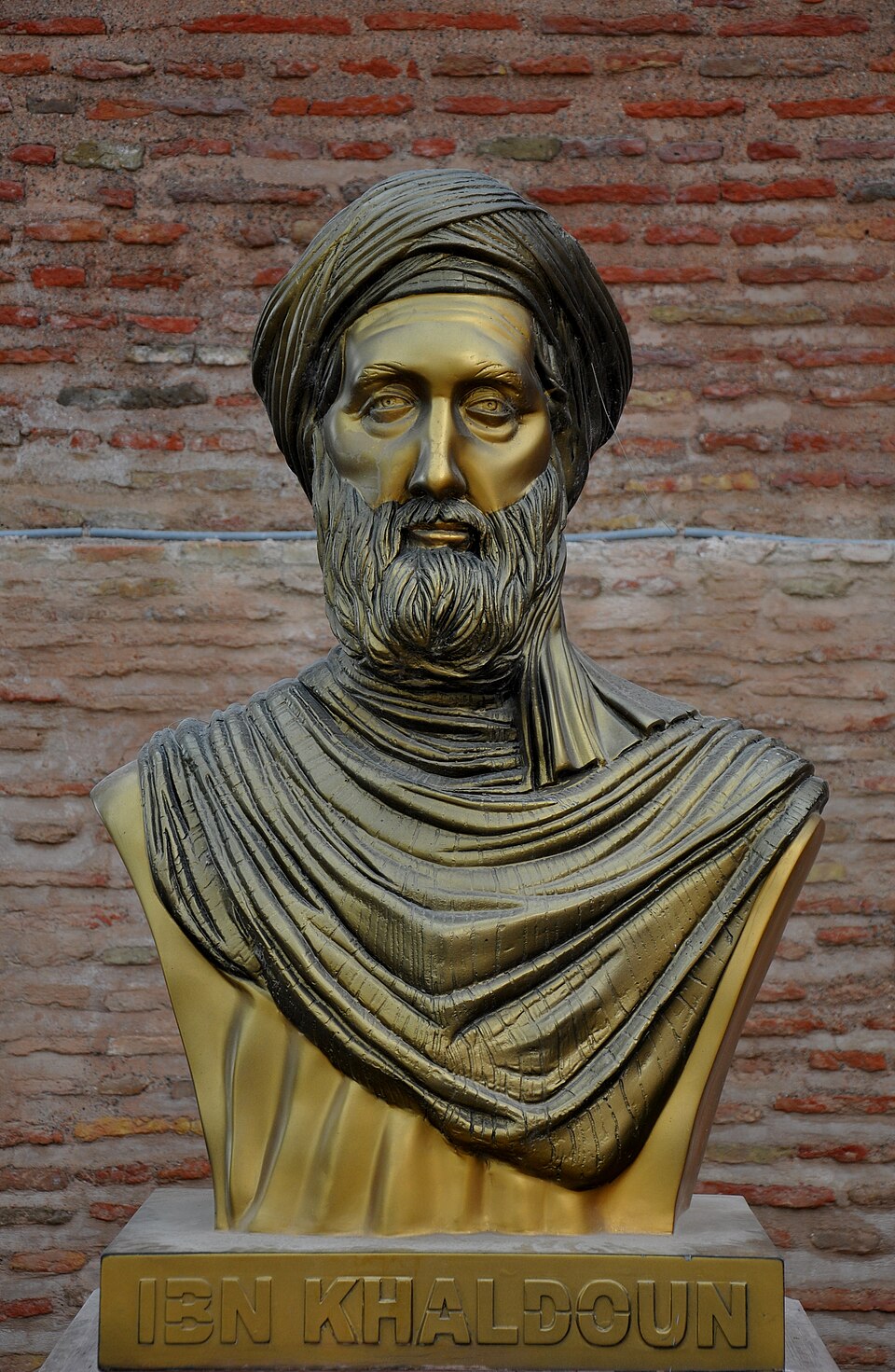
Ibn Khaldoun
Ibn Khaldoun was a 14th-century Arab historian, philosopher, and social scientist, best known for his work 'Muqaddima' (Introduction to History), which laid the foundations of modern historiography and sociology. He is recognized for his innovative ideas on the rise and fall of civilizations, emphasizing the importance of social cohesion, economic conditions, and political structures. His contributions to various fields, including economics, history, and political science, have earned him the title of one of the greatest thinkers in Islamic history. Ibn Khaldoun's insights into the dynamics of society and governance remain influential and relevant in contemporary discussions about social and political issues.
Born on May 27, 1332 (693 years old)
Global Media Ratings
Countries Mentioned
No country-level mention data available.
Interactive World Map
Each country's color is based on "Mentions" from the table above.
Recent Mentions
 Tunisia:
Ibn Khaldoun is considered a contemporary thinker in Korea and is the subject of Karima Kim's translation of the Muqaddima.
9
Tunisia:
Ibn Khaldoun is considered a contemporary thinker in Korea and is the subject of Karima Kim's translation of the Muqaddima.
9
 Tunisia:
Ibn Khaldoun is honored for his visionary work that serves as a fundamental tool for understanding the world.
9
Tunisia:
Ibn Khaldoun is honored for his visionary work that serves as a fundamental tool for understanding the world.
9
 Tunisia:
Ibn Khaldoun is noted as a historical figure whose impact is discussed in relation to Tunisia's literary image.
6
Tunisia:
Ibn Khaldoun is noted as a historical figure whose impact is discussed in relation to Tunisia's literary image.
6
 Tunisia:
Ibn Khaldoun highlighted the importance of starting education with mathematics to develop reasoning skills.
7
Tunisia:
Ibn Khaldoun highlighted the importance of starting education with mathematics to develop reasoning skills.
7